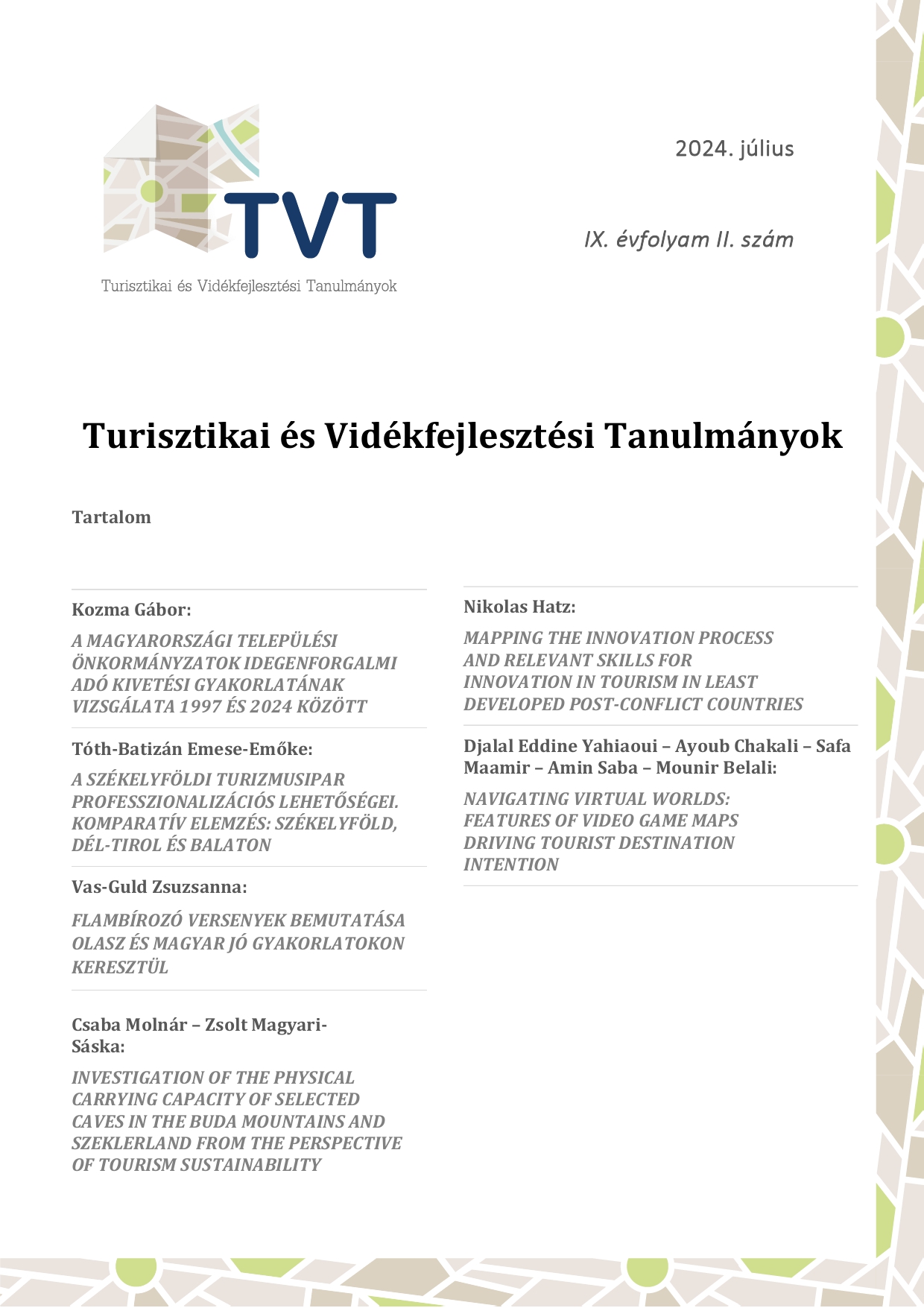Presentation of flambé competitions through Italian and Hungarian good practices
DOI:
https://doi.org/10.15170/TVT.2024.09.02.03Keywords:
wine gastronomy, flambéing, sensory evaluationAbstract
The case study presents one of the most spectacular culinary segments of urban gastronomy, the art of flambéing, as well as its entire process – from the selection of raw materials to the final taste experience – through specific domestic and foreign examples. It focuses on flambéing as a gastro-cultural heritage with the goal of preserving and re-creating tradition, discussing the gastronomic aspects of flambéing as an old-new trend with a scientific and kitchen technology approach. Enhancement of experience plays a central role in gastrotourism, as guests care for innovative elements, which are important in terms of both visual and taste experiences on an organoleptic level. Another aim of the study is the critical overview of the information available about flambéing on the internet, the interpretation of the concept of flambéing, and its clarification from a gastronomic and sensory point of view. Rather than going into a specific art critical analysis, the paper attempts to explain the general concept of flambéing and its kitchen tech background with the support of the scientific literature, which disputes the changes in taste that occur during flambéing.


